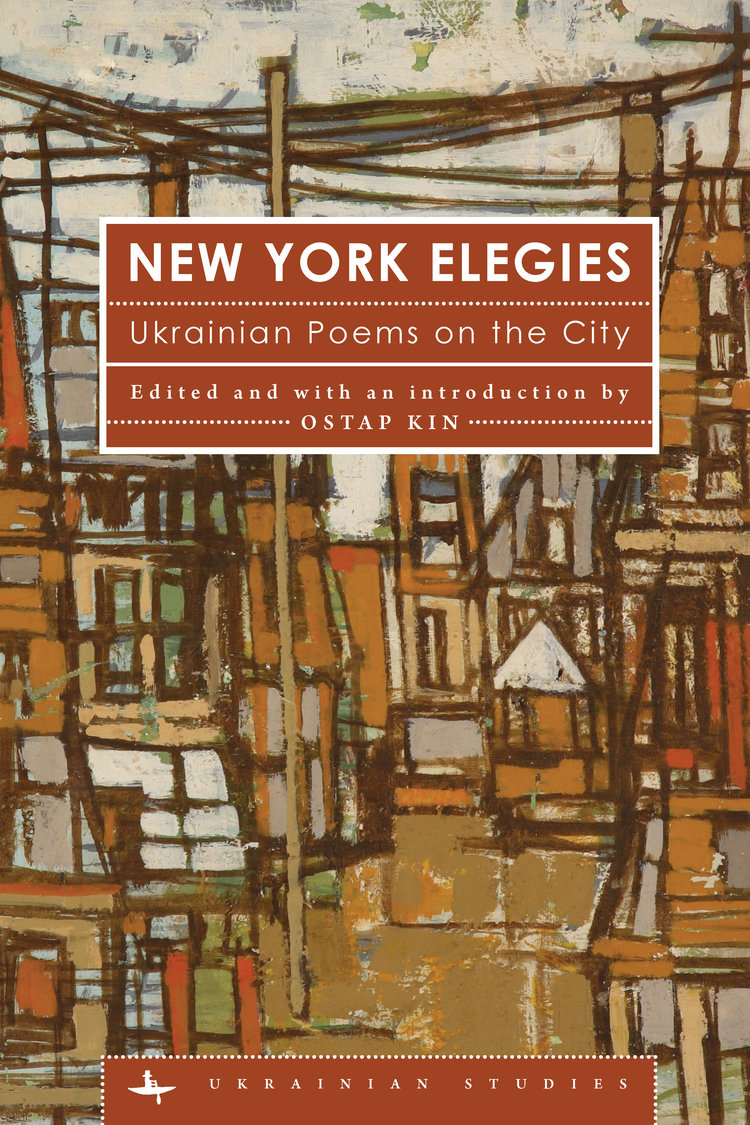
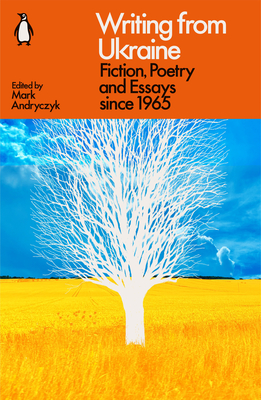
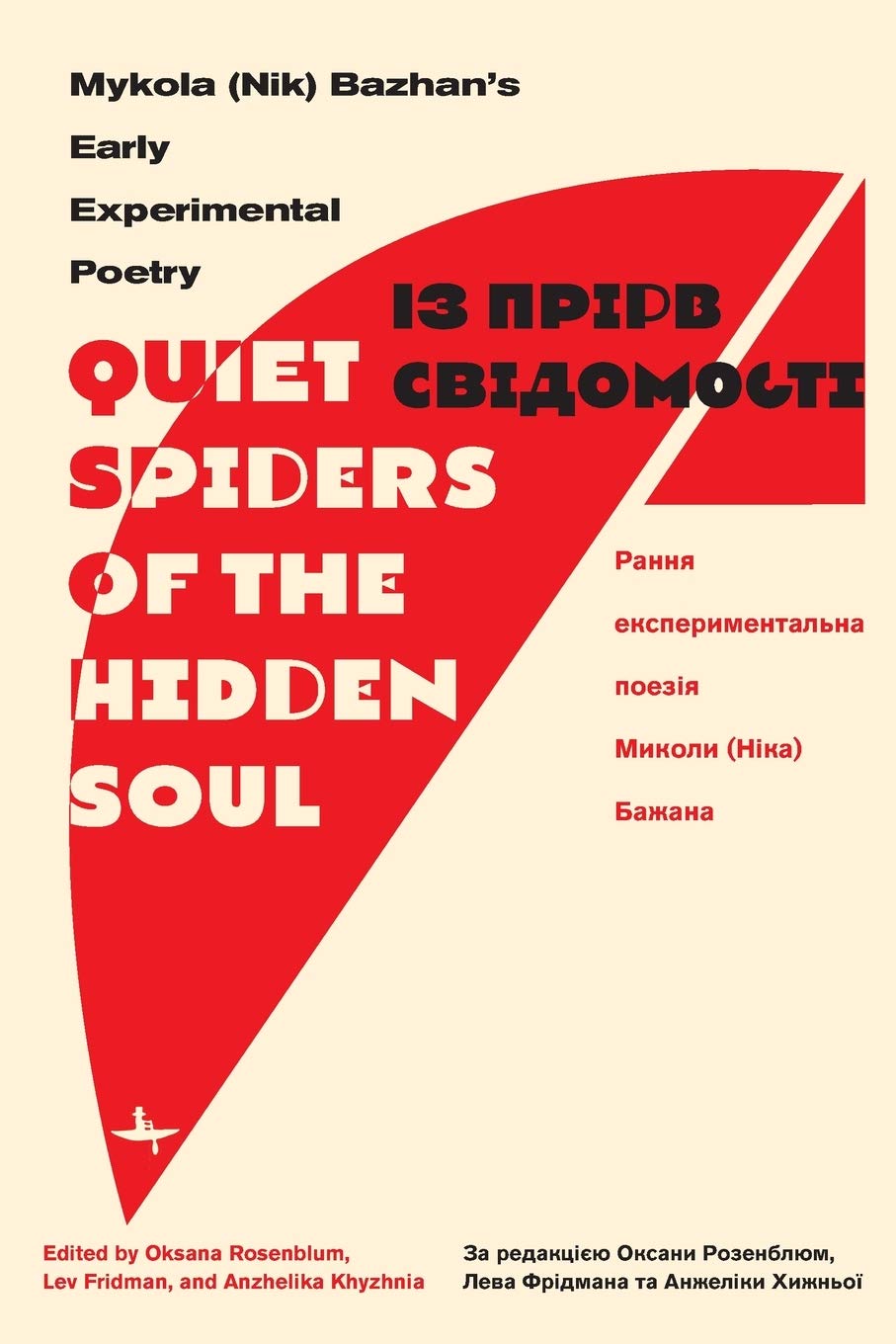
Books in series

New York Elegies
Ukrainian Poems on the City
2019

Writing from Ukraine
Fiction, Poetry and Essays since 1965
2017

Quiet Spiders of the Hidden Soul. Mykola (Nik) Bazhan’s Early Experimental Poetry
2020
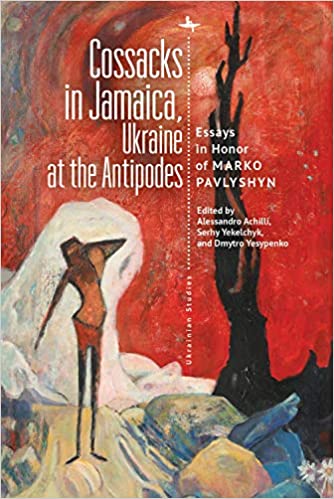
Cossacks in Jamaica, Ukraine at the Antipodes
Essays in Honor of Marko Pavlyshyn
2020
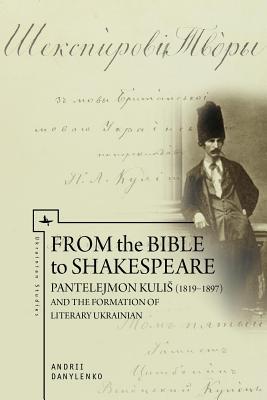
From the Bible to Shakespeare
Pantelejmon Kuliš (1819–97) and the Formation of Literary Ukrainian
2016
Authors

Iryna Shuvalova (Ірина Шувалова) is a poet, translator, and scholar born in Ukraine. She holds an MA in Comparative Literature from Dartmouth College (2014), where she was a Fulbright scholar, and a PhD in Slavonic Studies from the University of Cambridge (2020), where she was a Gates Cambridge scholar. In 2023, she joined the University of Oslo in Norway as a postdoctoral fellow. As of early 2025, Shuvalova authored five books of poetry in Ukrainian, including Ran (2011), Os (2014), and Az (2014). Her 2020 volume stoneorchardwoods ('каміньсадліс', 2020) was named poetry book of the year by Ukraine's Litakcent Book Prize. Her new poetry collection endsongs ('кінечні пісні'), published in 2024, has been praised as 'a future classic'. Shuvalova’s writing has been widely anthologized, and published in periodicals in Ukraine and beyond, including Literary Hub, Modern Poetry in Translation, Words Without Borders, and others. Her poems have been translated into thirty-two languages and published as stand-alone volumes in English and Polish, with further book-length collections forthcoming in Norwegian, Swedish, and Italian. In particular, her 2019 collection in English Pray to the Empty Wells has been described as 'a revelation' by The Observer. Her own translations include, most recently, poems by Ted Hughes, Alice Oswald and Louise Glück (into Ukrainian) and a co-translation of Ostap Slyvynskyi's poetry collection The Winter King (into English). The latter was shortlisted for the National Translation Award in the US in 2024. Shuvalova's translations into English appeared in Ambit, Modern Poetry in Translation, Poem, and Words Without Borders. In 2009, she co-edited the first anthology of queer literature in Ukraine 120 Pages of ‘Sodom’, and in 2025, co-founded the first queer poetry contest in Ukraine, ‘hol[o]sni!’. Shuvalova has been awarded numerous prizes for poetry and translation, including the first prize for poetry in the Smoloskyp Literary Competition (2010) and Stephen Spender / Joseph Brodsky Prize (2012). In 2017-2018, she supported English PEN as an expert on Ukrainian translation projects. Since 2020, she has been a member of PEN Ukraine. She has taught creative writing and translation courses for LitOsvita and the Arvon Foundation. Shuvalova performed her poetry at multiple readings and festivals in Ukraine and beyond. She also participated in international writing residencies and fellowships, including the Hawthornden Castle Fellowship (2015)the Chinese European Art Center / CEAC (China, 2024) and the Literary Colloquium Berlin / LCB (Germany, 2025). She has lived and worked in Ukraine, the US, the UK, Greece, China, and Norway.
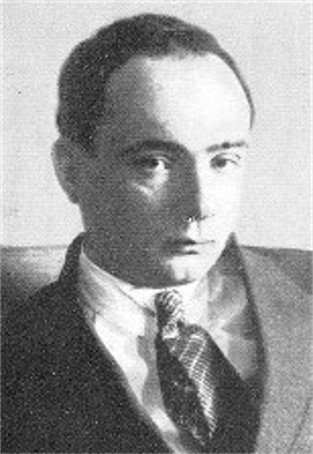
Укр: Бажан Микола Платонович Poet, writer, translator, and Soviet Ukrainian political and cultural figure; full member of the Academy of Sciences of the Ukrainian SSR from 1951. One of the most prominent representatives of the literary renaissance of the 1920s, he wrote screenplays, edited the journal Kino, and was associated with the literary groups Vaplite and Nova Generatsiia and the journal Literaturnyi iarmarok. Bazhan's poems were first published in 1923, but he gained recognition for the collections 17-i patrul' (The 17th Patrol, 1926). With Riz'blena tin' (The Sculptured Shadow, 1927), and especially Budivli (Buildings, 1929), Bazhan abandoned futurism and constructivism and emerged as a romantic expressionist, whose poems were characterized by dynamism, unusual imagery, monumentalism, and frequent references to the Ukrainian past. In the poem ‘Budivli’ Bazhan treats historical themes, seeking a link between the modern era, the Middle Ages, and the Ukrainian baroque of the Cossack state. ‘Budivli’ and the poems ‘Rozmova serdets' ’(Heart-to-Heart Talk), in which he presented an unusually harsh assessment of Russia, ‘Hofmanova nich’ (Hoffman's Night, 1929), ‘Sliptsi’ (The Blind Beggars, 1933), ‘Trylohiia prystrasty’ (Trilogy of Passion, 1933), and others display an original poetic style: a bold statement of theme, a rich vocabulary replete with archaisms, syntactic complexity, an abundance of metaphor, and inventive rhyme. These poems, as well as the collections Doroha (The Road, 1930) and Poeziï (Poems, 1930), aroused harsh criticism of Bazhan: he was accused of ‘detachment from Soviet reality’, ‘idealism’, and nationalism. During the terror of 1934–7 Bazhan wrote the trilogy Bezsmertia (Immortality, 1935–7), which was dedicated to S. Kirov, and entered the company of poets enjoying official recognition. His later works, written in the spirit of Stalinist patriotism, all belong to the corpus of official Soviet poetry. These include the collections Bat’ky i syny (Fathers and Sons, 1938), Iamby (Iambs, 1940), Klych vozhdia (The Call of the Leader, 1942), and V dni viiny (In the Days of War, 1945); the collections awarded the Stalin Prize—Kliatva (Oath, 1941), Danylo Halyts’kyi (Danylo of Halych, 1942), Stalinhrads’kyi zoshyt (Stalingrad Notebook, 1943), and Anhliis’ki vrazhennia (English Impressions, 1948); and the collections Virshi i poemy (Poetry and Long Poems, 1949), Bilia Spas’koï vezhi (Near the Savior's Tower, 1952), Ioho im’ia (His Name, 1952), Honets (The Chaser, 1954), Iednist’ (Unity, 1954), Tvory (Works, 1946–7), and Vybrane (Selected Works, 1951, from which poems of the early period were omitted). After Joseph Stalin's death Bazhan did not take part in the cultural renaissance launched by the shistdesiatnyky (poets of the sixties); his later collections and poems, Iasa (1960), Italiis’ki zustrichi (Meetings in Italy, 1961), Polit kriz' buriu (Flight through the Storm, 1964, for which he received the Shevchenko Prize [see Prizes and awards]), Umans’ki spohady (Memories of Uman, 1972), Nichni rozdumy staroho maistra (Nocturnal Reflections of an Old Master, 1976), and others, were also written in the spirit of Party ideology. Bazhan's translation of S. Rustaveli's poem Vytiaz' u tyhrovii shkuri (The Knight in the Tiger Skin, 1927) was published to great critical acclaim, and he has produced many masterful translations from Georgian, Russian, and Polish, as well as of the poetry of Rainer Maria Rilke. Bazhan is also the author of literary studies, reviews, and memoirs. Ivan Koshelivets [This article originally appeared in the Encyclopedia of Ukraine, vol. 1 (1984).] http://www.encyclopediaofukraine.com

Soviet Ukrainian writer, poet, highly decorated political and public figure. He was an academician of the Academy of Sciences of the Ukrainian SSR (1951), Merited Science Specialist of Ukrainian SSR (1966), Merited Art Specialist of Georgian SSR (1964), People's Poet of Uzbek SSR. Bazhan was a People's Deputy of the Supreme Soviet of the Soviet Union for two of five convocations (1946–1962), and the Supreme Council of the Ukrainian SSR for six of nine convocations (1963–1980). He was a member of the Central Committee of the Communist Party of the Soviet Union and was elected to the Central Committee of the Communist Party of the Ukrainian SSR on several occasions at the party's congresses (17 of and 21 of 25). In 1943–49 Bazhan was a Deputy Chairman of the Council of Minister (Commissars) of the Ukrainian SSR.